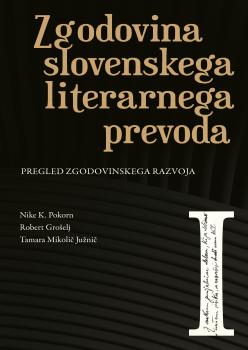Preganjane vsebine v prevodih v socialistični Sloveniji
Kratka vsebina
V socialističnem obdobju se je izogibalo vsebinam, ki so bile naperjene proti NOB-ju, revolucionarnemu udejstvovanju, novi politični ureditvi in v prvi letih po vojni proti Sovjetski zvezi. Poleg tega so bili problematični tudi religiozni, predvsem krščanski, elementi v besedilih. V prevode za odrasle se je redko posegalo, medtem ko so predstavljali prevodi mladinske in otroške literature učinkovit način ideološkega vplivanja, ki je na eni strani omogočal komunistični partiji, da je prek avtoritete izvirnega avtorja in izvirnika prenesla in poudarila svoje ateistične pozicije in prepričanja, na drugi strani pa ohranila to indoktrinacijo skrito. Po orisu zgodovinskih in ideološko-filozofskih razlogov za ideološko razklanost slovenske družbe po drugi svetovni vojni, poglavje navede nekaj primerov prepovedanih prevodov in opiše, kako je komunistična oblast vplivala na končno besedilo prevodov: predelave prevodov so bile včasih delo urednikov včasih pa prevajalcev. Uredniki so vplivali na končno podobo besedila na več načinov: z izborom prevajalcev, prek predhodnih napotkov prevajalcem ali pa s popravljanjem že prevedenega besedila. Poleg urednikov so v skladu s pričakovanji in vladajočo ideologijo prevode preoblikovali tudi prevajalci sami. Ti samocenzurni posegi, ki so ponazorjeni s primeroma iz pravljice Pepelka in romana Bambi, so bili posledica ali svetovnega nazora prevajalca, ki se je strinjal z novim ideološkim imperativom, ali pa prevajalčevega izogibanja sankcijam.


